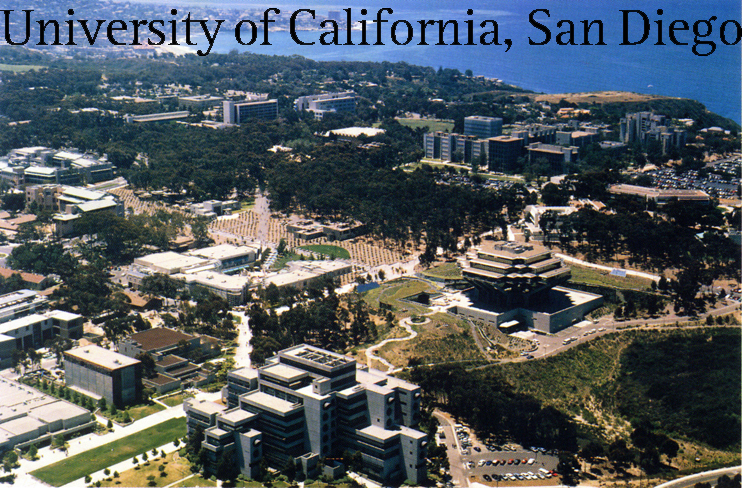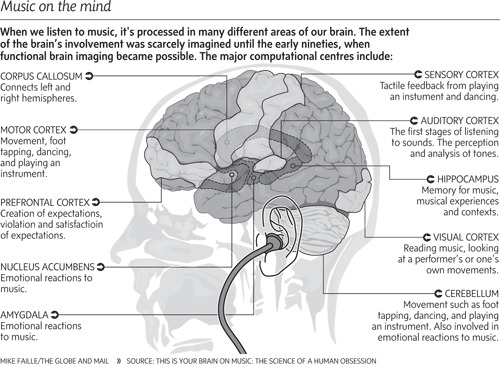Last Friday, we met shortly with a college recruiter from Baldwin Wallace University, and she presented her slideshow then answered our questions. The whole process got me thinking about when I do start having to start doing those interviews myself. I have many fears for college, from the interviewing process to taking my final exams. Yet through the stress, the panicking and tears, I have no doubt that the outcome will exceed my expectations thoroughly. I also acquire many goals and expectations not only for the whole college experience, but personal goals for myself.
When I think of going to college, I think just like any other average teenager: partying, no parents and complete freedom. But when I think a bit deeper, I also imagine the interviews, competitiveness of getting into the school, and cramming for finals. However, I am very optimistic towards the whole college experience. I look forward greatly to living in a dorm and having multiple room mates, eating Top Ramen every night to save money, and meeting new people from around the world. Academically, I expect not only the different classroom and number of students, but also the lack of professor-student time in a bigger university. I imagine that the classes I take will give me a rude awakening of the difference between the sheltered ISC we attend and the “real world of academics”. I understand that I must be organized as much as possible, and balance my academic and social life. Another thing I look forward to is the athletic privileges. I know it will take blood, sweat and tears to make the volleyball or soccer team but I am willing to work. I am devoted and enthusiastic about my sports, and can’t wait to represent my school in playing. Some of my goals for my college years is to not get below a C in any of my classes, and to meet at least one new person a day.
Even with all of these new and exciting experiences in the somehow near future, I cannot shake the sheer terror I have exiting my high school life and continuing onto college. It is like the end of a chapter in my life, flipping onto a fresh page unwritten on. We all have that gut fear that we will get lost on campus, go to the wrong class the first day, or get stuck with a smelly room mate. One of my worst fears is not getting into the university of my choice and having to attend a junior college first. I plan on going to a four-year university on the west coast in the United States, especially a University of California or University of Washington school. Some of my other fears are failing a class, not understanding any of my subjects, making no friends, and doing bad in my interviews. Hopefully, I will overcome these anxieties and have a phenomenal college experience.
In Academic Leadership, we cover a variety of subjects, from giving public speeches to studying them, learning about great leaders to becoming one, and discussing a wide range of topics. Some of the ways this class can help us get into the university of our choice is first off, starting early. This class is an IB prep class, and if we are prepared for IB, hopefully we will do well and receive our IB diplomas and that will reflect positively on our resumes. As well as academics, we learn crucial skills for taking interviews and speaking in front of the recruiters.
I have many expectations, fears, and goals for my unbelievably close college years. I want to make the most of my years in high school with my friends, living with my parents, and being a kid. All I can say is simply, I’m excited.
"I've learned one thing, and that's to quit worrying about stupid things. You have four years to be irresponsible here, relax. Work is for people with jobs. You'll never remember class time, but you'll remember the time you wasted hanging out with your friends. So stay out late. Go out with your friends on a Tuesday when you have a paper due on Wednesday. Spend money you don't have. Drink 'til sunrise. The work never ends, but college does...” -Tom Petty
Tips on the first week of college:
http://www.studential.com/universitylife/freshers_guide_2010/survival_tips
How high school is different from a University:
http://www.eng.mcmaster.ca/eng1/comparison.html

Word Count: 694
